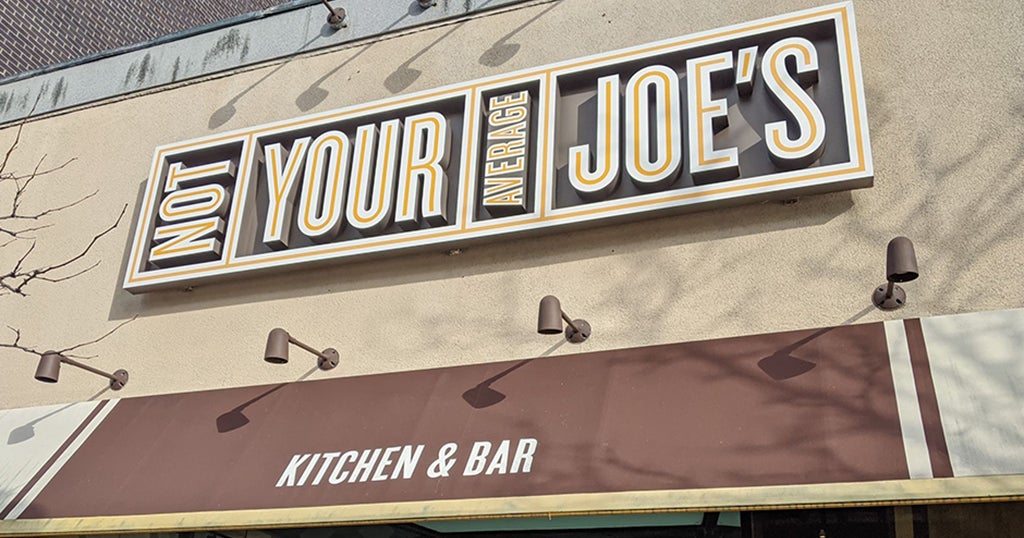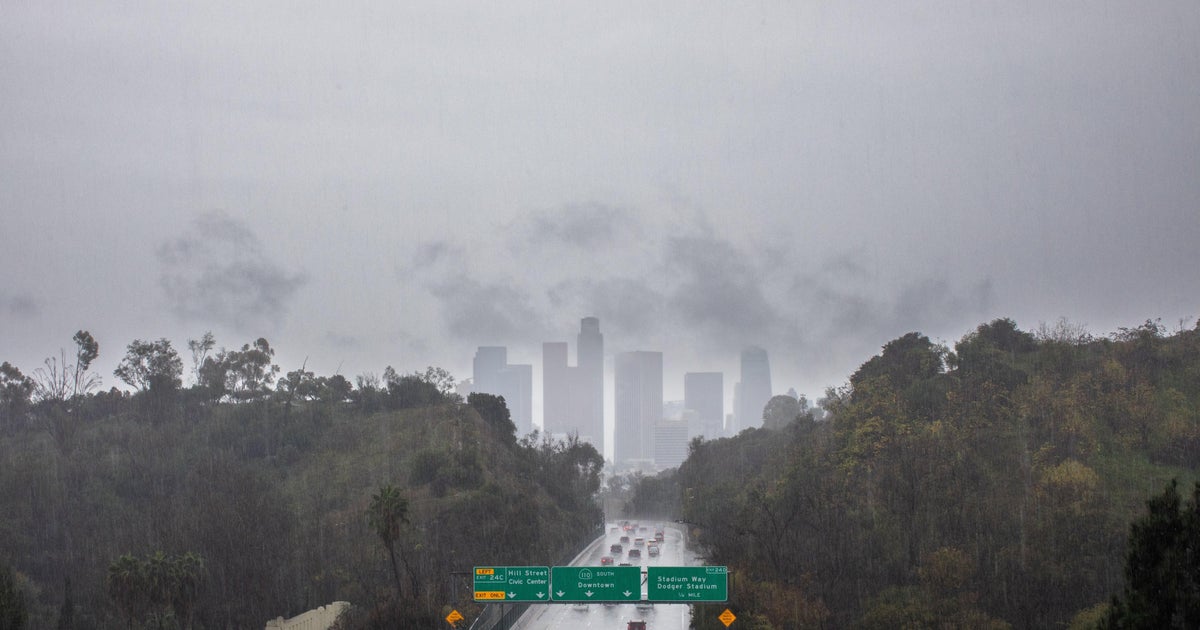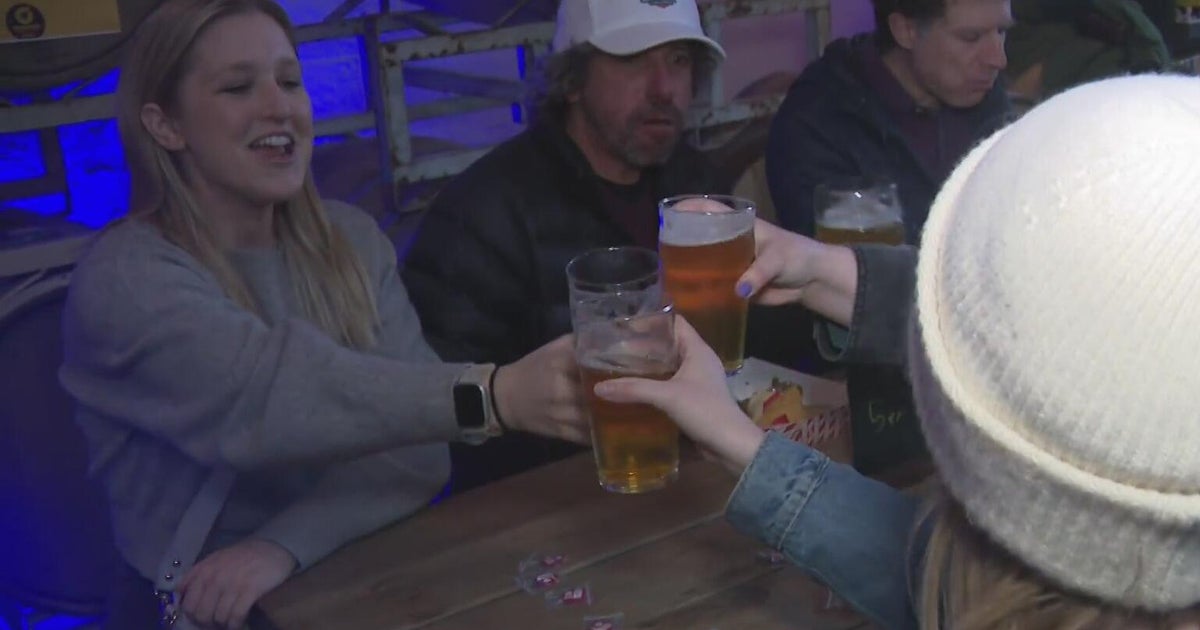Coronavirus Triggering Changes To Way We Dine In California Restaurants
SAN FRANCISCO (CBS SF) -- Just like 9/11 changed forever the experience air travelers have when catching a flight at their local airport, the coronavirus outbreak will have a lasting impact on how diners enjoy a meal at their favorite San Francisco Bay Area restaurant.
According to a plan obtained by the Associated Press, the California Restaurant Association will be delivering to Gov. Gavin Newsom on Thursday its proposed changes to the dining experience as California moves toward reopening after weeks of living under a strict stay-at-home order.
The restaurant industry in the San Francisco Bay Area and elsewhere has been devastated by the shutdown. Restaurants, big and small, have been shuttered. Thousands of employees have been furloughed and many dining spots will not be reopening.
Across the state, many establishments have tried told hold on by offering takeout. Now, they once again planning to welcome back inside their establishments.
The plan envisions a changed world within dining rooms, as an industry built on face-to-face contact and crowded tables looks for ways to safely conduct business and avoid the spread of the virus.
Only family members or people who live together would sit at the same table. Buffets, salad bars and shared bread baskets would be out. Salt and pepper shakers could be replaced by bottles of hand sanitizer. And meals could arrive from food servers sheathed in face masks.
The recommendations were drafted by the Restaurant Association, in partnership with the California Conference of Local Health Officers and the California Conference of Directors of Environmental Health.
They hope to give Newsom a potential framework for reopening dining rooms as he begins to ease lockdown orders this week for retail shops, bookstores, florists and sporting goods businesses.
The association wants Newsom to set only broad guidelines in four areas — employee health, social distancing, public education and improved sanitation and disinfection.
Cities and counties would be left to determine the rules within each category, because what makes sense in San Diego might not in Eureka or Bakersfield.
For example, the recommendations urge local governments to consider such measures as requiring temperature checks for restaurant employees, requiring mandatory hand-washing schedules for workers and face coverings for employees who interact with the public.
In the area of social distancing, local jurisdictions will need to establish specific measures for keeping tables apart or setting up barriers between them, and limiting tables to family and household members but not to exceed 10 people. Restaurants could consider a phone or text-based reservation system that would not allow a customer to enter until the table is ready.
Still unclear is when Newsom might allow restaurants to open their doors, though he has hinted in some areas that changes could be coming soon. In Los Angeles, San Francisco and other congested urban areas, businesses are likely to remain shuttered longer.
"It's not a mass reopening," Restaurant Association CEO Jot Condie said. With all the coming changes and virus-related requirements "they are all startups."
Condie predicted that diners would not only accept the changes but "I think they are going to come to expect it."
© Copyright 2020 CBS Broadcasting Inc. All Rights Reserved. The Associated Press contributed to this report.







